News
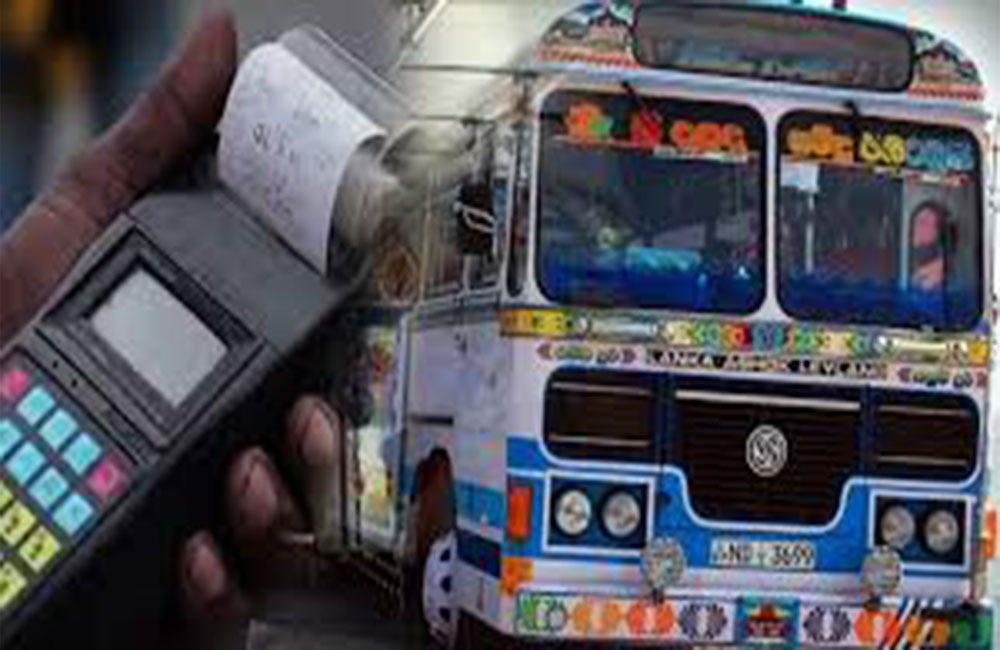
No private buses from Monday if no fuel subsidy or fare hike
There will be a 15% increase in bus fares if no fuel subsidy is received, President of the All Ceylon Private Bus Owners' Association Gemunu Wijeratne says.
Speaking to the media today (12), Wijeratne said that due to the increase in diesel prices, buses will be completely phased out by next Monday.
However, if a fuel subsidy is provided, bus fares need not be increased and buses can remain in operation.
He added that there would be no need to increase bus fares if private buses could be refueled at previous prices through the SLTB or through cooperative depots.
He, therefore, requested the Minister of Transport and the Secretary to the Ministry to take necessary action to provide a fuel subsidy.
General Secretary of the All Island Private Bus Owners' Union Federation (AIPBOUF) Anjana Priyanjith said that 80% of the buses will not be running today and the remaining 20% will be out of service by tomorrow.
Meanwhile, Inter-Provincial Private Bus Association (IPPBA) President Sarath Vijitha Kumara said that all buses are preparing to withdraw from service due to the unbearable increase in fuel prices.
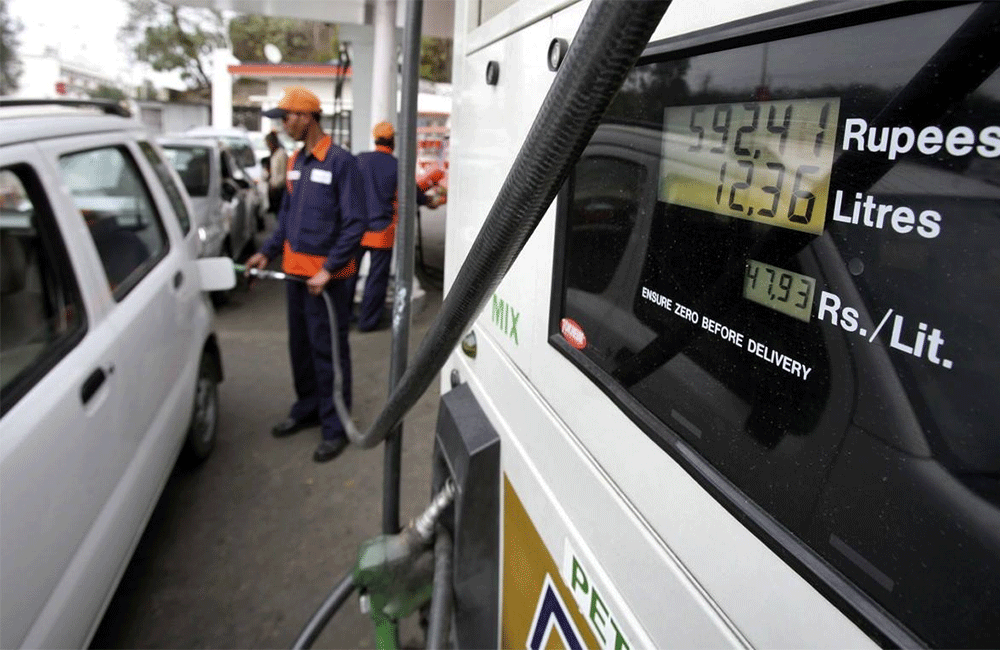
Lanka IOC hikes fuel prices again
Lanka IOC announced that it will increase the price of diesel and petrol with effect from midnight today (10), due to the significant depreciation of the rupee.
LIOC said that the retail selling price of diesel will be increased by Rs. 75 per litre and petrol by Rs. 50 per litre.
Issuing a statement, it said that the Central Bank of Sri Lanka had announced flexibility in foreign exchange rate and the Sri Lankan Rupee has depreciated twice in last 7 days against the dollar, initially to Rs. 230 per USD and then again to an exorbitant level of Rs. 260 from Rs. 203 previously.
“Even after this upward revision in exchange rates by over 28%, the inflow of US dollar has not improved much in the banking channels during past two days. The banks are, however, offering USD at the rate of Rs 260 and even much beyond. On the other side, Oil has also been rising sharply on the prospects for a full embargo on Russian oil and products and reaching near to the highest levels seen earlier in 2008.”
With fear of the supply scarcity amidst the Ukraine-Russia war, crude oil continues to be on the boil, threatening to reach unforeseen levels. It is gathered that the international market is rising to account for the supply disruption to at least part of the nearly 4 million barrels per day of oil that is sold by Russia into the U.S. and EU, the statement said.
In the wake of the severity of these external shocks, LIOC said it was forced to increase its Retail Selling Prices for Diesel by Rs 75/Ltr and Petrol by Rs 50/Ltr w.e.f. today.
Mr. Manoj Gupta, Managing Director LIOC, informed that “Rupee depreciation twice in a span of 7 days by Rs 57 against USD has directly impacted the landed cost of Gasoil & Gasoline making them dearer by an equivalent amount per litre. Oil and gas prices are also surging as western countries respond to Moscow’s invasion with numerous sanctions to isolate Russia and cut it off from global oil markets. Our current losses are exorbitantly high considering current international prices leaving no other option but to increase the prices of Gasoil & Gasoline. However, it is a painful reality that even after this price increase, there would still be heavy losses at the prevailing international prices.”
Mr Gupta further said that “Though the current global political and economic environment is extremely challenging compelling us to resort to desperate measures, I am confident that the situation will improve and we shall be able to pass on the benefits of reduced prices to our valuable customers.”
LIOC says it does not receive any subsidy from the Government of Sri Lanka and its losses are calculated based on actual landed cost of the product after considering payment of applicable duties, taxes & other statutory levies including handling charges.
“Lanka IOC is the only public limited energy company and accountable to its more than 10,500 local shareholders. Despite the unprecedented challenging situations, Lanka IOC has always remained committed towards the social upliftment through its several initiatives and strong environment conscience.”
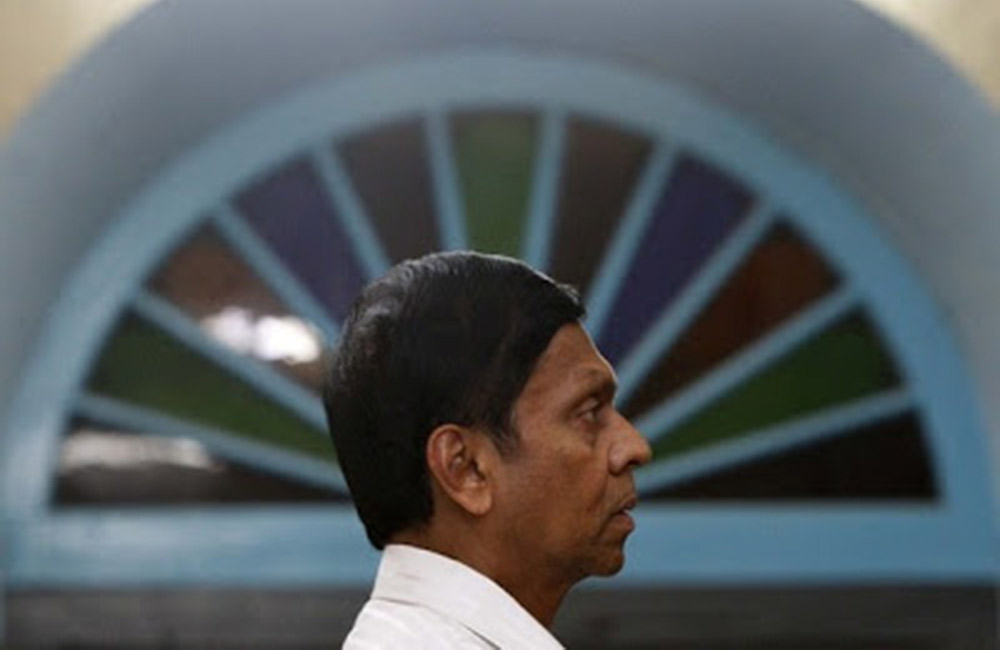
Meetings with IMF not for debt restructuring - Cabraal
Meetings of Sri Lankan authorities with IMF officials over the next few weeks are not for the purpose of debt restructuring as stated by some news agencies, says governor of the Central Bank of Sri Lanka Ajith Nivard Cabraal.
He is responding, in a tweet, to a Reuters report, which said that Sri Lanka will begin talks with the IMF next month on a plan to help the crisis-hit country, including assistance with debt restructuring and managing its foreign exchange shortage.
Quoting a source, the new agency said, “To find a way out of the crisis, the government will seek assistance with debt restructuring, the foreign exchange crisis, bolstering revenue generation and reforming state-owned enterprises.”
ceylontoday
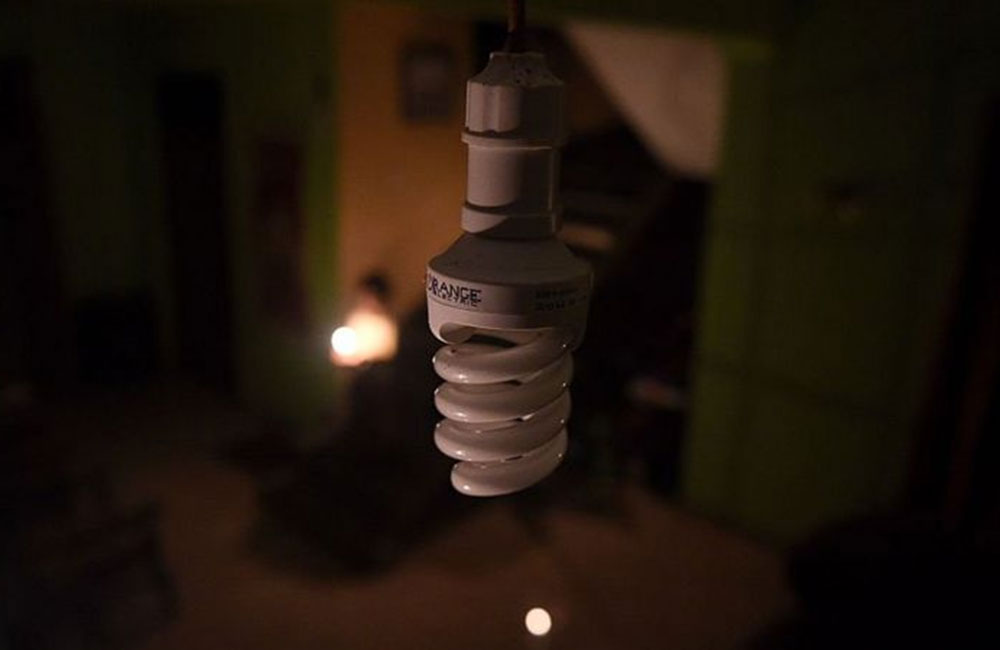
Powercuts announced for tomorrow
The Public Utilities Commission of Sri Lanka (PUCSL) today approved the power shedding schedule for several areas in the country for tomorrow.
Accordingly, areas under groups P, Q, R, S, T, U, V & W in the schedule will be imposed one-hour power cut between 5.00 p.m. and 9.00 p.m. while areas under groups A, B, C, D, E, F, G, H, I, J, K & L will experience two and a half hour-power cut between 8.00 a.m. and 6.00 p.m. and for one hour and 15 minutes between 6.00 p.m. and 11.00 p.m
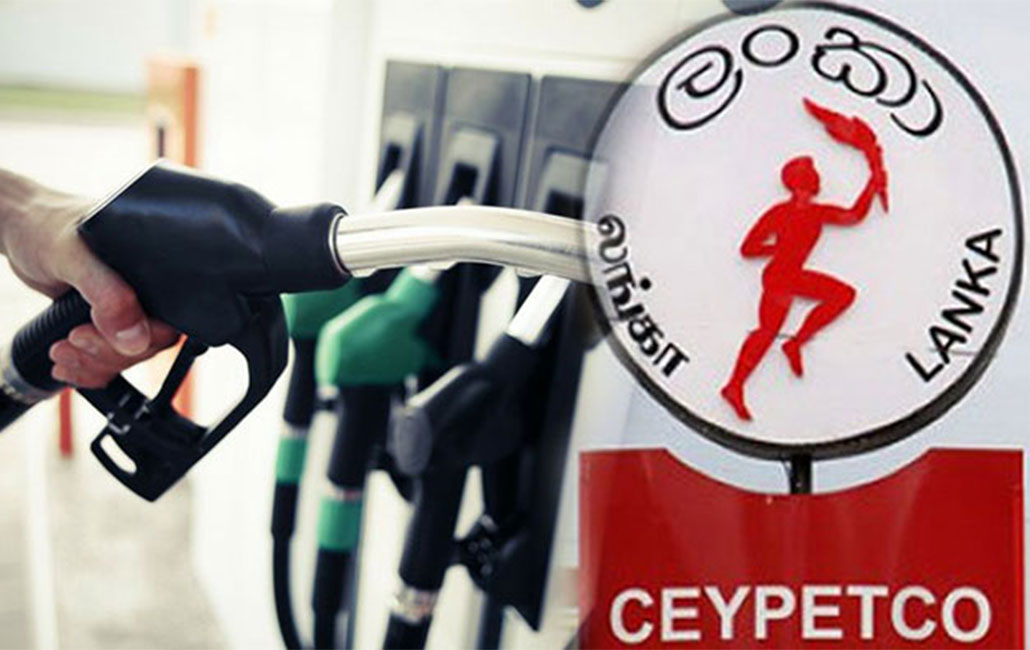
Fuel tariffs were not increased properly: CPC Chairman
The Chairman of the Ceylon Petroleum Corporation, Attorney-at-Law Sumith Wijesinghe states that the CPC has not yet increased fuel tariffs properly.
The CPC Chairman stated that the fuel price increases only covers the losses incurred via the sale of two fuels, petrol and super diesel, and a loss of Rs. 120 was being incurred previously.
However, Wijesinghe stated that the matter was discussed at length and the fuel has been increased only by Rs. 55, when it should have been increased by Rs. 120.
Ceylon Petroleum Corporation took steps to increase fuel prices with effect from midnight yesterday (11).
Accordingly, 92 Octane Petrol has been increased by Rs.77 to Rs.254 per liter, 95 Octane has been increased by Rs. 76/-, to Rs. 283/-, Auto Diesel has been increased by Rs. 55/-, to Rs. 176/-, while Super Diesel by Rs. 95/-, to Rs. 254/-.
The move follows the decision taken by the Lanka IOC to increase the price of petrol by Rs. 50 per liter and diesel by Rs. 75 per liter from midnight on Thursday (10).
Accordingly, a litre of octane 95 petrol is Rs. 254, a litre of Euro 3 petrol is Rs. 263, a litre of auto diesel is now sold at Rs. 214, while a litre of super diesel is now Rs. 249.
News 1st
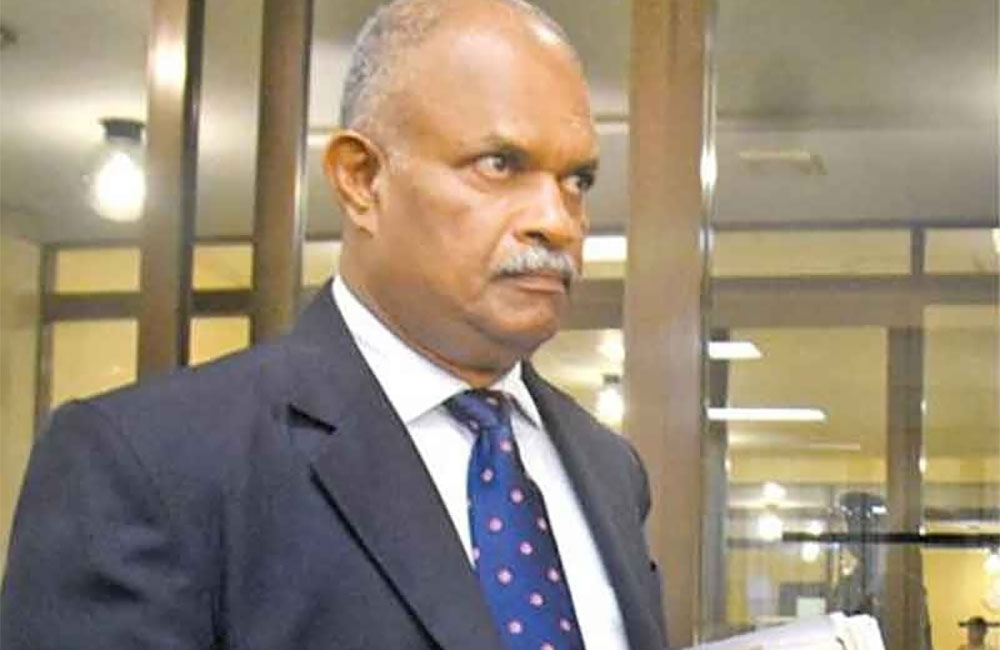
Judge Kodagoda recuses himself from Shani’s petition hearing
Supreme Court judge Yasantha Kodagoda today (10) cited a personal reason and recused himself from hearing a fundamental rights petition filed by former CID director Shani Abeysekara.
The ex-director is seeking an order preventing his arrest by the CID over a case being heard at the Kuliyapitiya magistrate's court relating to Easter Sunday attacks.
The other two judges in the SC case are S. Thurairaja and Mahinda Samayawardena.
The court fixed the petition for support on 07 April.

Prices of airline tickets increase by 27 pc
All airline ticket prices were increased by 27 per cent as of midnight yesterday (10).
Chairman of the Civil Aviation Authority of Sri Lanka, Upul Dharmadasa said the price hike is due to the Sri Lankan Rupee depreciating against the US dollar.
The US dollar previously traded at Rs. 203.66, but increased to Rs. 259.99 after the Central Bank allowed the exchange rate to float.

PUCSL approves powercuts for tomorrow
The Public Utilities Commission of Sri Lanka (PUCSL) today approved power shedding schedule for several areas in the country.
#lkAccordingly, a one-hour powercut from 5.00 pm to 9.00 pm for P, Q, R, S, T, U, V and W while areas that come under A, B, C, D, E, F, G, H, I, J, K and L group for two-and-a-half hours from 8.00 am to 6.00 pm and one hour and 15 minutes from 6.00 pm to 11.00 pm.
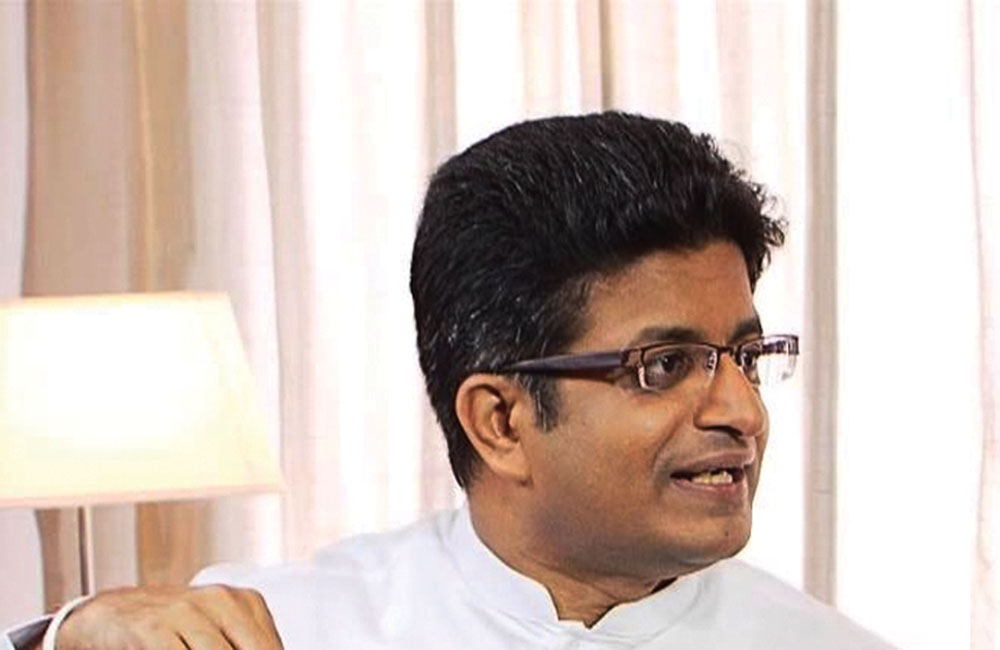
Gammanpila laments over lost opportunity to speak
The former Minister of Energy, Udaya Gammanpila states that he was prevented from addressing the Parliament during the debate on the energy crisis.
Although he made a written request seeking a time slot to speak, the former Minister was informed by the Office of the Government Whip has informed him that he cannot be permitted to speak.
However, the Parliamentarian has subsequently spoken to the Chief Government Whip, Minister Johnston Fernando, who stated that he will consider, however was followed by him stating that the former Minister will not be permitted to speak as the speaker’s list was full, despite him holding the portfolio of the Minister of Energy until 03rd March.
“I have been elected to parliament on SLPP ticket by people casting 136,331 votes. Denying my right to speak in Parliament by SLPP means denying my voters to express their hearts and minds. I respectfully expect the speaker to protect my right to speak in Parliament,” the former Minister said in a tweet.
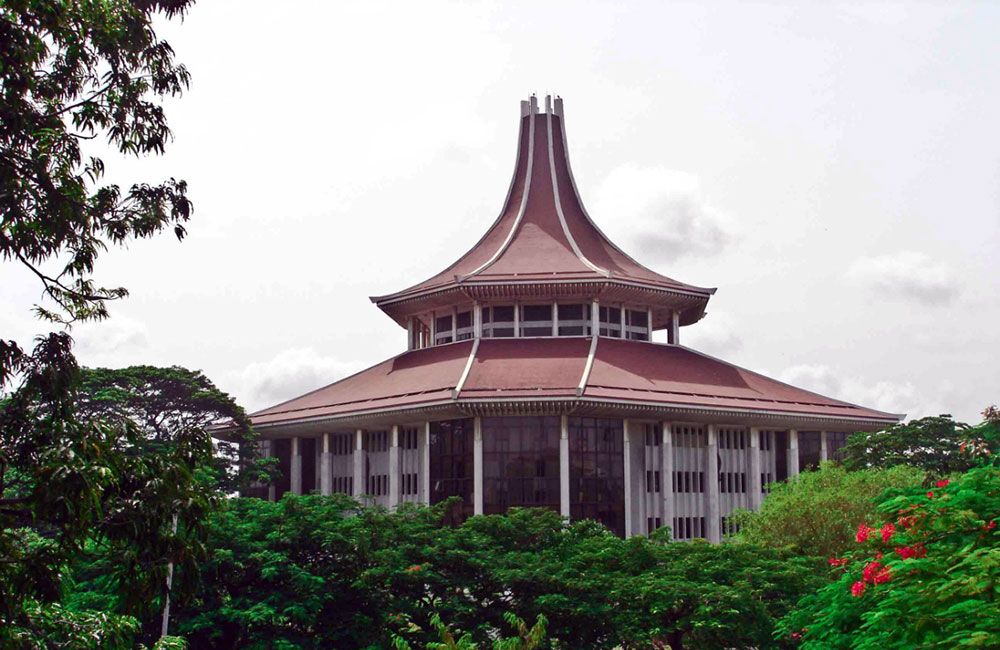
Litro & Laugfs issued notice by CA
The Court of Appeal on Wednesday (9) issued notice to four respondents, including Litro & Luagfs connection with the distribution of unsafe domestic has cylinders to the market.
Notice was issued to the Director-general of the Sri Lanka Standards Institute, Litro Gas, Laufs Gas, and the Consumer Affairs Authority after a writ application was taken up.
The bench of the Court of Appeal comprising Justice Dr. Ruwan Fernando and Sampath Wijeratne decided after considering the submissions made in support, and against the petition.
The petition was filed by a civil activist, Nagahananda Kodituwakku, and the application was called up to decide whether or not the court would permit the application to be taken up for examination.
Moreover, the petition seeks an order requesting Litro & Laugfs Gas to pay compensation to the victims of the incidents surrounding unsafe gas cylinders that were distributed to the market.
The petition further seeks an order requesting the Attorney General and the IGP to take legal action against the two gas companies in connection with the distribution of unsafe gas cylinders to the local market.

Prices up in rice packets, bread & other bakery products
The prices of rice packets as well as bread and other bakery products will increase following a hike in wheat flour and fuel prices and the depreciation of the Sri Lanka rupee.
A loaf of bread, from midnight today (11) will be upped by Rs. 30, to between Rs. 110 and Rs. 130, said the bakery owners association.
This follows the two wheat flour suppliers raising the price by Rs. 38 per kg.
Also, the price of a bun will also increase by Rs. 10, a rice packet by between Rs. 20 and Rs. 30, a Kottu by Rs. 10 and short-eats by Rs. 5 each.
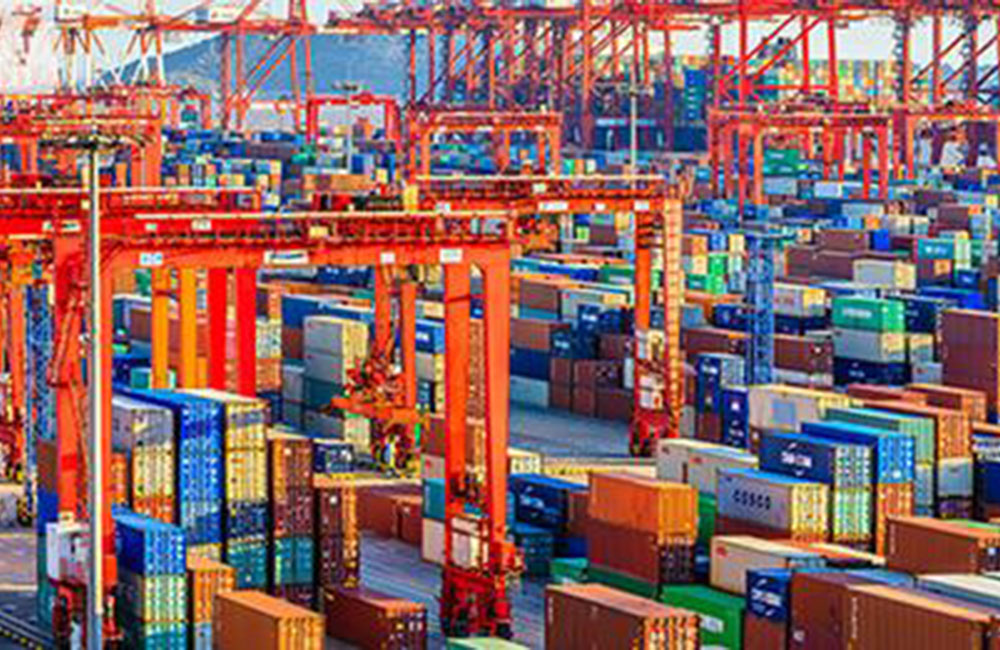
Permit-based importation allowed for 367 non-essential goods
A permit-based importation will be allowed for 367 non-essential goods, says the Department of Import and Export Control.
The department has issued a gazette extraordinary to make this requirement effect from midnight today (09).
Licenses to import the specified items will be issued by the controller-general of imports and exports control subject to the recommendation of the finance ministry secretary.
Page 319 of 663